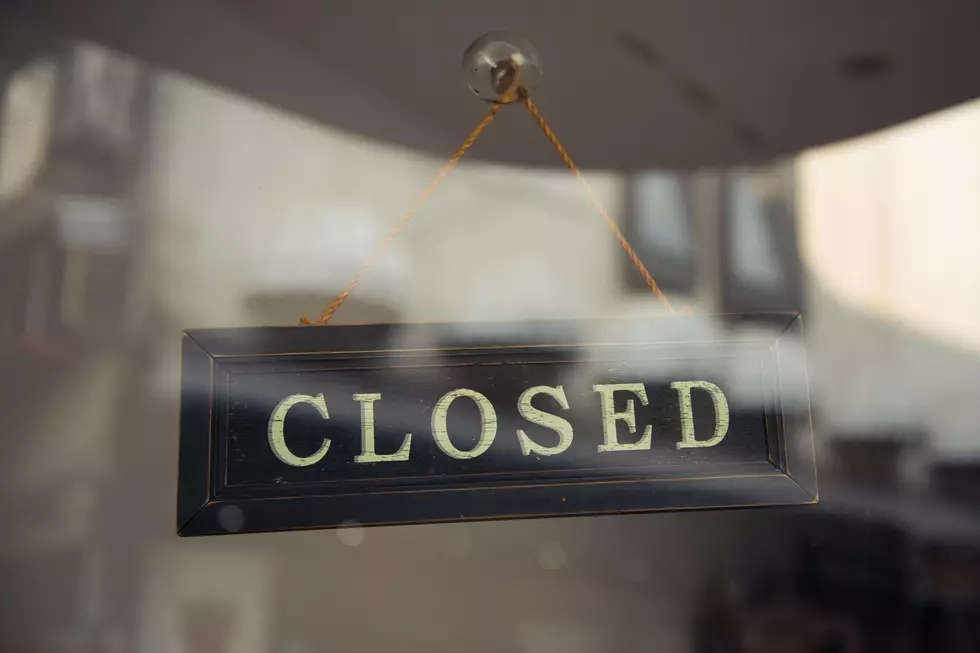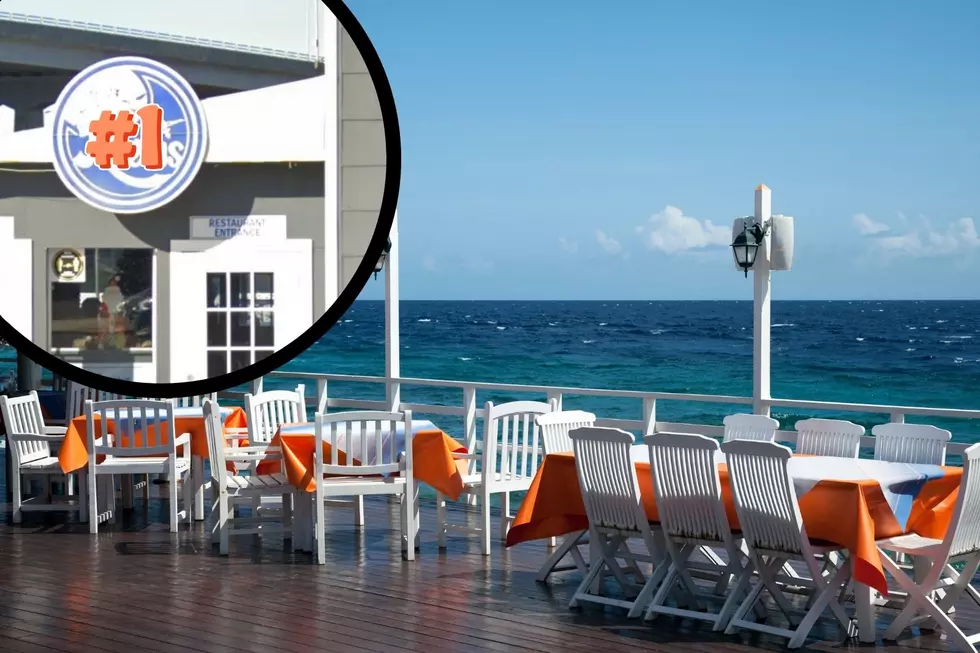
New report on what NJ businesses expect for 2023
As we head into the home stretch of 2022, New Jersey’s leading business organization has released its 64th annual Outlook Survey and the news isn’t good.
According to Michele Siekerka, the president and CEO of the New Jersey Business and Industry Association, the survey finds a distinct lack of optimism and the most negative outlook since the recession in 2009.
“While some areas may be up, like sales, profits and purchases, they’re slightly up year over year, but these are the lowest levels we’ve seen since pre-pandemic," she said.
Siekerka pointed out that “70% of our business owners rate New Jersey as poor or only fair to expand business, and if they’re considering expanding, only 10% would be considering expanding in New Jersey.”
The biggest problem
Siekerka said the main concern of the business community is lack of affordability.
“And our business owners believe that New Jersey lags other states when it comes to cost of doing business, the cost of health care, labor costs and taxes,” she said.
Siekerka noted “75% of those surveyed said government is not doing enough to address affordability for them, and 82% believe New Jersey is not at all affordable or only somewhat affordable.
Inflation
Siekerka noted inflation has had a significant impact on the cost of products and services statewide, even as wages continue to rise and the state’s labor shortage drags on.
She said when you combine wage hikes with Jersey’s ongoing workforce challenges, the situation becomes very difficult.
“There are workers but they’re not the most skilled workers, so of course, it’s a premium that we have to pay, and so those labor costs continue to go up.”
She said a staggering 93% of business owners or executive staff said in the survey they were substantially impacted (45%) or moderately impacted by inflation (48%) in 2022.
65% described themselves as substantially impacted by higher prices of supplies and materials, 63% said they were substantially impacted by increased fuel costs, and just under half (48%) said they were substantially impacted by higher labor costs.
The survey found a total of 83% of respondents were impacted by supply chain issues or delays.
She said even with all of these challenges “unfortunately our policymakers continue to hit us with more and more labor mandates that will continue to drive up the cost of what is already a high cost of doing business when it comes to our workforce.”
Siekerka also pointed out to date “there has not been any relief from a $1 billion unemployment insurance tax increase brought on solely by the longest COVID restrictions and shutdowns in the nation, and the ANCHOR property tax relief program excluded businesses, even though they pay nearly half the property taxes in the state.”
She said 61% of those surveyed indicated they will not keep New Jersey as their domicile in the future.
On the plus side
The quality of public education was seen as the leading competitive positive, with 44% rating the quality of New Jersey public schools better than other states. At protecting the environment, 28% said New Jersey does better than other states, a 9% bump from two years ago.
Another notable positive: 28% said the quality of New Jersey’s workforce was better than other states. That’s up 7% from last year, when businesses were more apt to take less qualified workers to fill open positions.
You can get additional information about the findings of the Business Outlook Survey here.
David Matthau is a reporter for New Jersey 101.5. You can reach him at david.matthau@townsquaremedia.com
Click here to contact an editor about feedback or a correction for this story.



